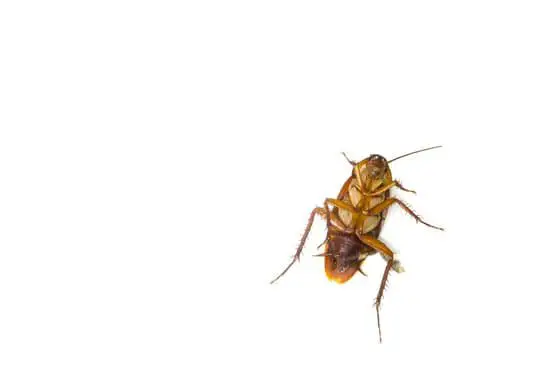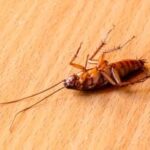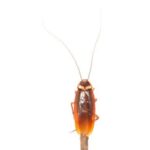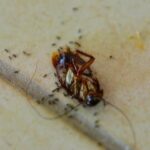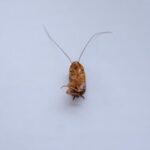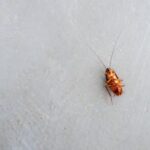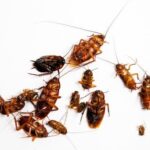Are Cockroaches Good For the Environment?
While it might seem like a contradiction to say cockroaches are good for the environment, cockroaches are a vital part of our ecosystem. They break down organic matter that is indigestible for humans, including food. In addition, they serve as pollinators, and they supplement the diets of birds and other animals. And because roaches are extremely resilient and adaptable, they can survive even in the most inhospitable environments.
While cockroaches are generally beneficial for the environment, their presence can cause damage to homes and businesses. Cockroaches can carry deadly bacteria such as salmonella, and they can live for up to two months in the gut of a cockroach. This bacteria can then be transferred from one place to another through their faeces.
Cockroaches also serve as pollinators and help balance ecosystems. They eat dead and decaying plant materials and release nitrogen into the soil, where it is used by plants and microbes. Consequently, if roaches were to go extinct, it would disrupt the recycling of nutrient in the environment. Moreover, they would also lead to heaps of debris and litter. So, in spite of their unfavorable reputation, cockroaches are a valuable part of the ecosystem.
Cockroaches are not entirely bad for the environment, as they fulfill several important roles on earth. In fact, they are even good for the environment outside of the home. Cockroaches are very prolific and tend to live in wooded areas, where organic matter is abundant.
